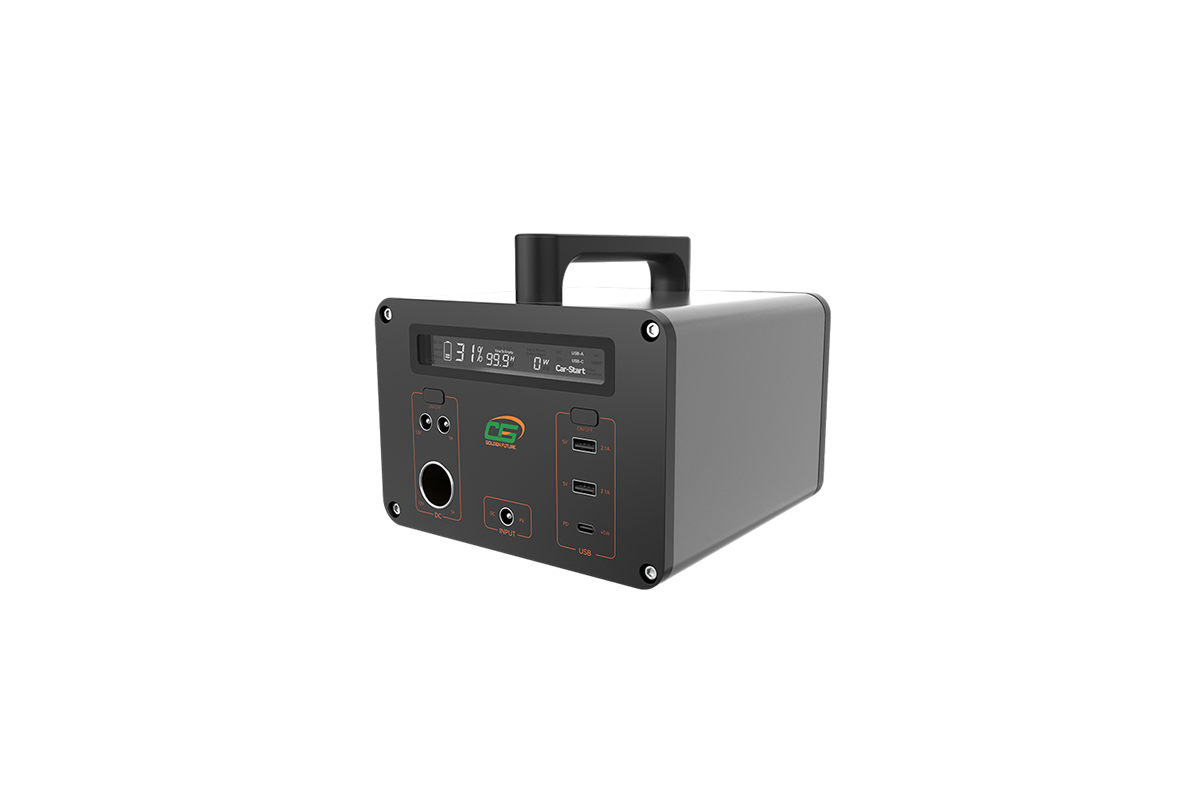

Time:2025-08-19 Views:1

Off-grid power generation systems, designed to operate independently of the main electrical grid, are critical for remote areas, rural communities, and industrial sites where grid access is limited or unavailable. Lead-acid batteries play a pivotal role in these systems by storing excess energy generated from renewable sources (such as solar panels or wind turbines) and releasing it during periods of low generation or high demand, ensuring a continuous and stable power supply.
The selection of lead-acid batteries for off-grid systems is based on several key factors, including depth of discharge (DOD), cycle life, and maintenance requirements. Deep-cycle lead-acid batteries, specifically designed for repeated deep discharges (up to 50-80% DOD), are preferred over automotive batteries, which are optimized for short, high-current bursts. These batteries can withstand hundreds to thousands of charge-discharge cycles, making them suitable for long-term off-grid operation. Additionally, lead-acid batteries are cost-effective compared to lithium-ion alternatives, a crucial consideration for budget-constrained off-grid projects.
In a typical off-grid system configuration, lead-acid batteries are connected to a charge controller, which regulates the charging process to prevent overcharging (which can damage the battery) and deep discharging (which reduces cycle life). The batteries then supply power to an inverter, which converts the stored DC energy into AC for use by connected loads (e.g., lighting, appliances, or industrial machinery). To enhance reliability, multiple batteries are often connected in series or parallel to achieve the required voltage and capacity—for example, a 12V battery bank may consist of four 3V lead-acid cells in series, or multiple 12V batteries in parallel to increase storage capacity.
Maintenance is essential to maximize the lifespan of lead-acid batteries in off-grid systems. Regular tasks include checking electrolyte levels (for flooded lead-acid batteries), cleaning terminal connections to prevent corrosion, and ensuring the batteries are stored in a cool, dry environment (extreme temperatures can degrade performance). Despite their lower energy density compared to lithium-ion batteries, lead-acid batteries remain a practical choice for off-grid systems due to their low cost, mature technology, and ease of maintenance, making them accessible to communities and industries in remote locations.
Read recommendations:
Energy Storage Batteries in Consumer Electronics